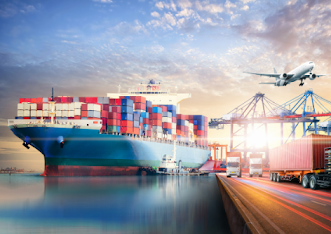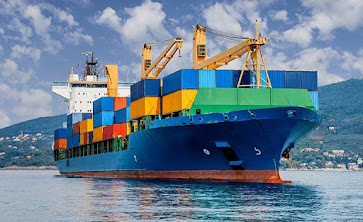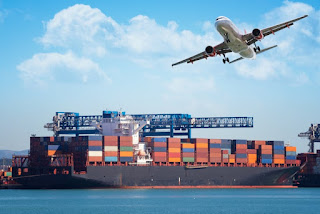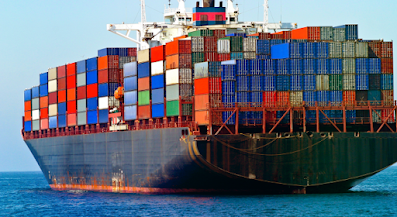Navigating Cargo Pricing: A Comparative Analysis Across Transport Modes

In the dynamic landscape of global trade and logistics, the efficient movement of goods is paramount. Central to this process is cargo pricing, a critical determinant that significantly impacts supply chain decisions and costs. As businesses strive to optimize their logistics operations, understanding the nuances of cargo pricing across different transport modes becomes essential. In this comparative analysis, we delve into the intricacies of cargo pricing across various transportation methods, shedding light on their respective advantages, challenges, and implications. Air Freight: Air freight stands out for its unparalleled speed and reliability, making it the preferred choice for time-sensitive shipments. However, this expediency comes at a premium, with air cargo rates typically being the highest among transport modes. Factors such as fuel costs, capacity constraints, and airport charges contribute to the cost structure of air freight. Moreover, fluctuating demand and season...




.jpg)


